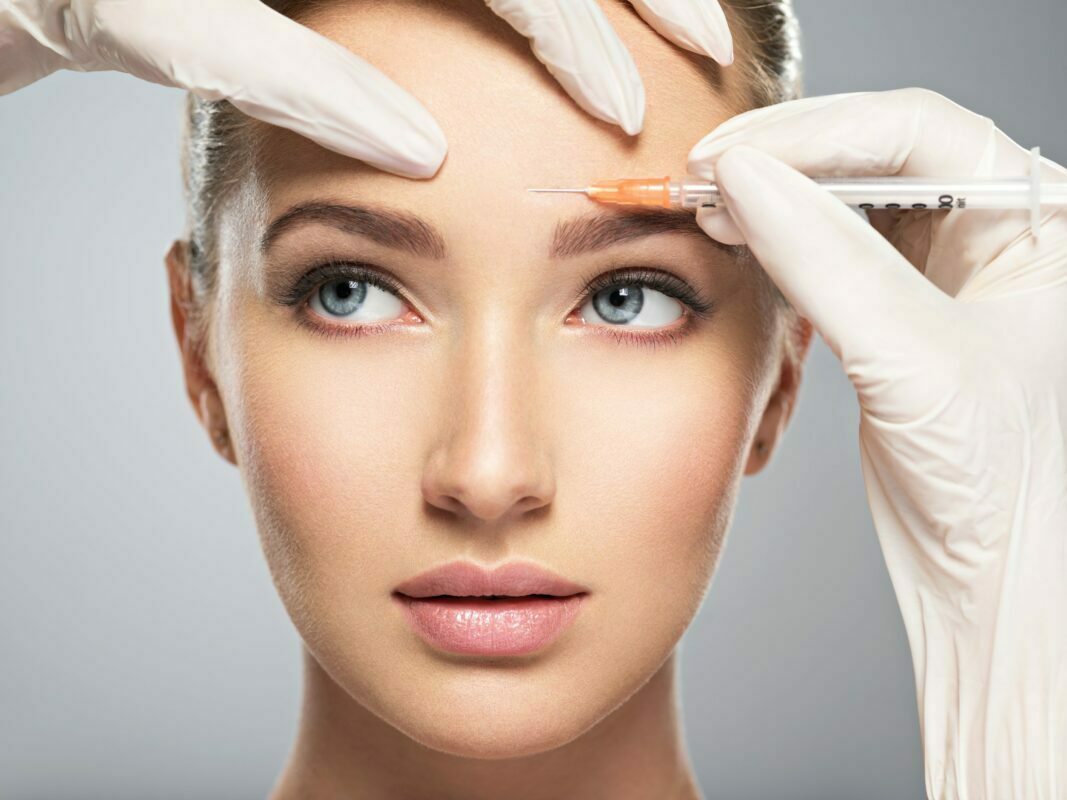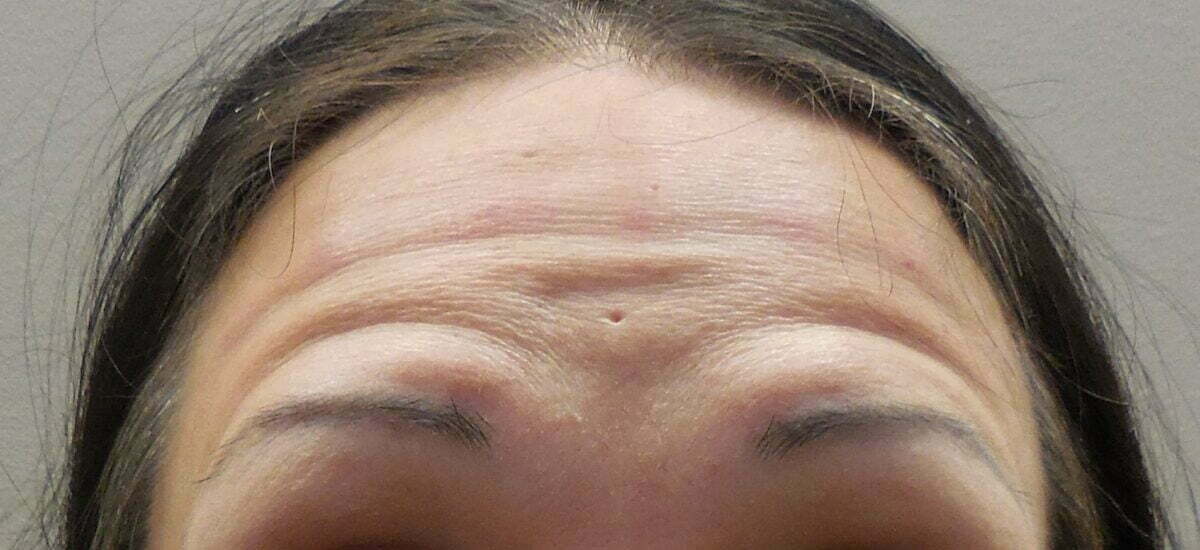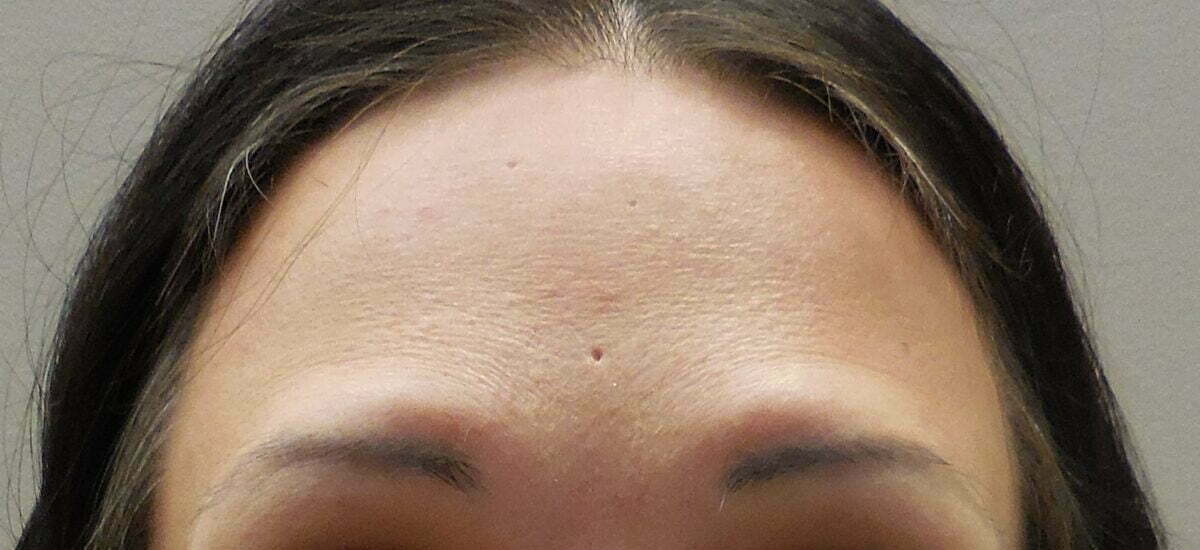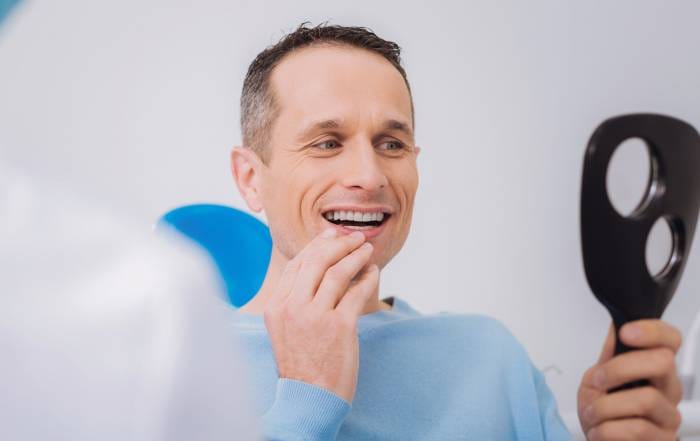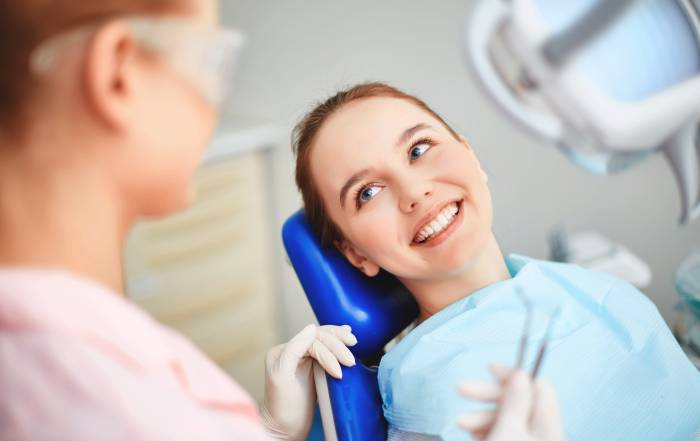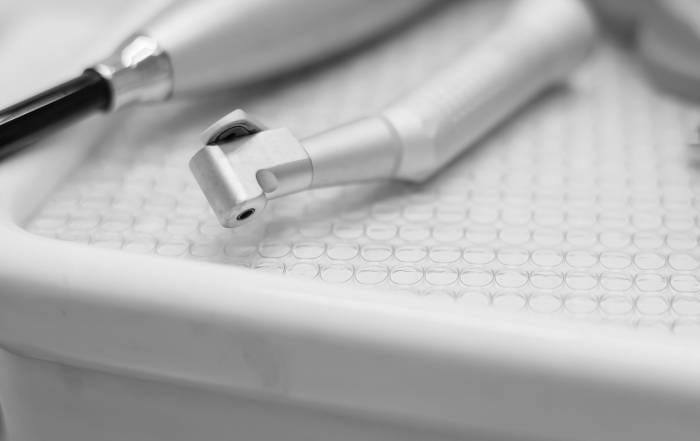You’ve probably heard about the most common use for Botox injections: reducing the appearance of facial wrinkles. But did you know that Botox can be used effectively to treat other issues, like TMJ and migraines?
What is Botox?
As per Healthline: “Botox Cosmetic is an injectable wrinkle muscle relaxer. It uses botulinum toxin type A, specifically OnabotulinumtoxinA, to temporarily paralyze muscle. This reduces the appearance of facial wrinkles.
A Botox treatment is minimally invasive. It’s considered a safe, effective treatment for fine lines and wrinkles around the eyes. It can also be used on the forehead and between the eyebrows.” (https://www.healthline.com/health/botox)
Botox is also used to treat a variety of other medical issues, such as overactive bladder, excessive underarm sweating, lower limb spasticity, TMJ, and chronic migraines. In this blog, we’ll focus on the specific Botox treatments we offer at Toothworks Dentistry.
Both Dr. Sam Withanachchi and Dr. Paman Chahal are trained and certified to offer cosmetic and therapeutic botox for the facial muscles.
Cosmetic Botox
Botox Cosmetic works by disrupting the communication between nerves and muscles. The effects of Botox are temporary, as this disruption only lasts for approximately 4 months, making the effects of Botox reversible. By reducing specific muscular activity, we can reduce the appearance of wrinkles around the eyes (a.k.a. Crow’s feet), in the forehead (a.k.a. Worry lines), and between the eyebrows (a.k.a. Frown lines or bitch-face). It can also minimize lines at rest, and the formation of new wrinkles.
It’s a minimally invasive procedure that doesn’t involve incisions or general anesthesia. If you’re concerned about pain or discomfort, a topical anesthetic or ice can numb the treatment area.
If you are concerned about facial wrinkles or fine lines, talk to our team to see if Botox is right for you.
Botox for TMJ Therapy
A very common use of Botox in our daily practice, is to alleviate the discomfort associated with excessive teeth clenching and grinding. We all have fairly large muscles that provide the motor force required to close our jaws and chew. The largest of these are our masseter and temporalis muscles. When we clench or grind our teeth, our masseters and temporalis muscles are being engaged, often to levels of hyperactivity.
Our masseter muscles, which span from the corner of our lower jaw up to our cheek bones, are most responsible for triggering clenching and grinding habits. These are brain-stem level, subconscious reflexes, which do not require any voluntary effort on our behalf. Often, we clench and grind at night when we are asleep, so are completely oblivious to the habit.
In some cases, clenching and grinding of the teeth leads to muscle pain, pain in the jaw joint (TMJ pain), sore teeth and/or sensitive teeth. In other cases, there is no discomfort associated with clenching and grinding, but you or your dental professionals notice your teeth wearing down (i.e teeth chipping, teeth losing enamel, teeth getting shorter, etc.)
Often, we will talk to our patients about a variety of options to alleviate clenching and grinding. Botox is one effective option. When Botox is injected into your masseter muscles, after two to three weeks, those muscles will have relaxed, so that you are no longer able to clench or grind your teeth. The masseter muscles will remain in their relaxed/dormant state for approximately 4 months, as that is how long it takes for normal communication between the nerves and the muscles to resume. During the period of muscular relaxation, our patients find they experience relief from the symptoms they have suffered as a result of clenching and grinding. Some of our patients who appreciate the benefit of this therapeutic botox, attend our office every 4-6 months for treatment.
Risks of Botox
As mentioned, Botox is a minimally invasive procedure, with generally minor side effects. Minor bruising or discomfort is the most commonly reported side effect, usually resolving within a few days. As the effects of Botox are temporary, there is nothing that we do with Botox that is irreversible. As mentioned above, after approximately 4 months, re-treatment is necessary, if you like the outcomes, and want to maintain the results.
Whether you are interested in Botox therapy for cosmetic or therapeutic purposes, a consultation is the best way to find out if it is right for you. We can consult virtually or in person. Call one of our knowledgeable, helpful team members today to schedule your consultation!
Yours in better dental health,
Toothworks
Due for an examination or cleaning? You can schedule your next visit for one of these treatments online!
